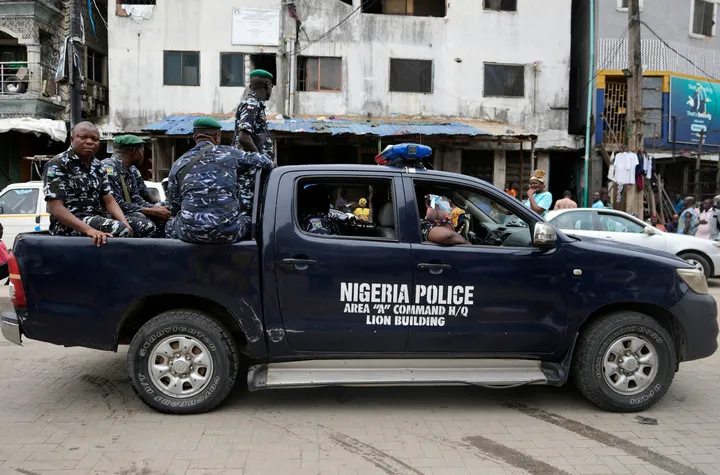East African leaders assembled on Thursday in Ethiopia to push for peace in South Sudan, but reconciliation remained elusive.
South Sudan's armed opposition on Thursday rejected any "imposition" of a peace deal and asked for more time after the first face-to-face meeting between President Salva Kiir and rival Riek Machar in almost two years when a peace deal collapsed and fighting re-erupted between their forces.
South Sudanese rebels said that more time is needed to secure lasting peace in the country and it would be necessary to address the root causes of a civil war.
An opposition statement called Wednesday night's meeting "cordial" and said the two sides discussed the prospects for peace "in broad terms." In statements ahead of the meeting held by the regional bloc, the Intergovernmental Authority on Development (IGAD), the rebel group warned that the current model for the peace process is "unrealistic" and that "there is no shortcut to peace."
"For any meaningful dialogue to take place, it should be within the context of a comprehensive political settlement," the group said. "So that the guns can fall silent and a conducive environment for dialogue established."
Coletta Wanjohi explains in Addis Ababa that there was no deal signed following President Salva Kiir and rebel leader Riek Machar's meeting in Ethiopia.
The Sudan People's Liberation Movement-in-Opposition (SPLM-IO) rebel group, led by Riek Machar said the solution to the five-year civil war, which has killed tens of thousands of people and forced more than 3 million people to flee their homes, was to revisit the Comprehensive Peace Agreement (CPA).
The CPA was agreed in 2005 between Sudan and South Sudan that was aimed at ending the civil war in Sudan and paved the way for South Sudan to hold its ultimately successful secession.
"The current model, with its various workshops, though they are very informative, is unrealistic, as it is not for lack of technical experts that there is war in the country, nor will the workshops stop the war," the group said.
The imposition of an agreement on the parties will not work, the statement said.
Speaking at the opening of the summit, the Ethiopian prime minister threatened to take collective action against the warring parties in South Sudan should they fail to implement peace agreement and secession of hostility.
“We have the moral as well as legal responsibility to take action,” Ahmed, who is the chairman of the eight-nation trading and security bloc, told the participants of the summit.
"We cannot continue with business as usual," Ethiopia's prime minister told the gathering. "If ... the different parties are unwilling and unable to halt the suffering of their people, we need to put them on notice that we are ready to act."
The latest proposed peace agreement seeks to give the vice presidency to the opposition but doesn't indicate Machar by name, South Sudan's cabinet affairs minister, Martin Elia Lomoro, told The Associated Press. "If we want a stable transition, then the best for us is for Riek not to participate in the government but to bring his people" to the table.
The proposal comprises key issues about power sharing, transitional security arrangement, demilitarization and cantonment of armies in South Sudan.
According to the proposal, the Transitional Government of National Unity will have a Legislative Assembly composed of the incumbent government (55 percent), the South Sudan People’s Liberation Movement/Army–in- Opposition (25 percent), and other parties and entities (20 percent).
The document came as part of efforts by IGAD’s high-level revitalization forum for South Sudan that aims to revive the failed August 2015 Addis Ababa agreement which largely failed.
But opposition spokesman Mabior Garang, who issued Thursday's statement, told the AP that a peace deal at the moment was "not likely" and that it "wouldn't be a genuine agreement."
Weary South Sudanese civilians watching the latest developments called for Kiir, Machar and their supporters to put the country's fate first.
"The people of South Sudan want peace now and (they) need the leaders to sacrifice their personal ambitions for its sake," the editor of a newspaper forced to shut down by the government, Wol Deng Atak, told the AP.
The meeting ended on Thursday evening and IGAD plans to issue a statement on Friday.























